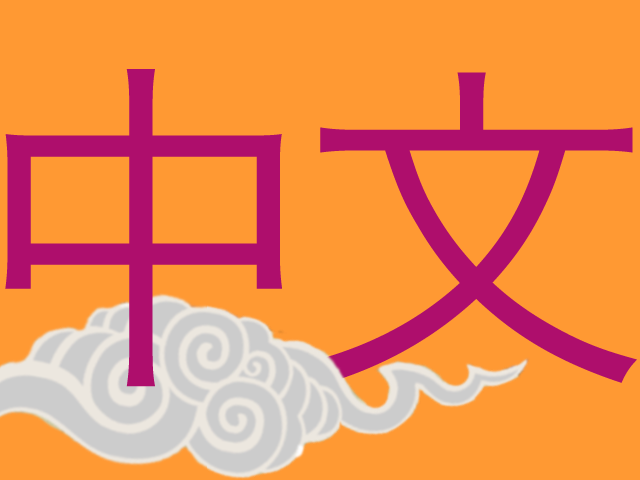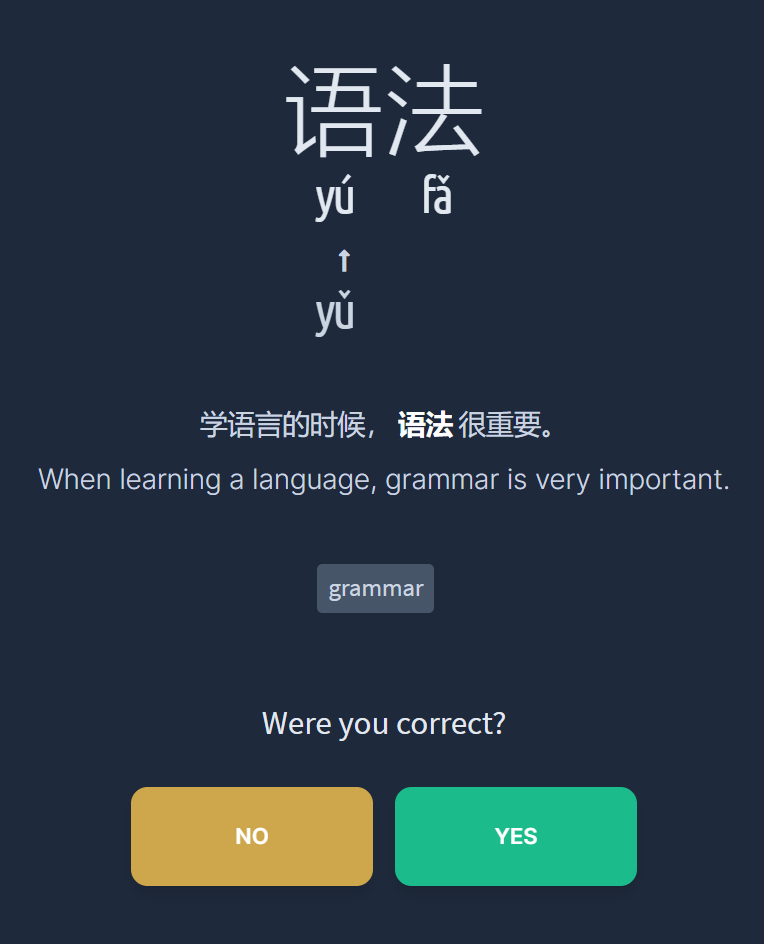My Mandarin Chinese Journey: The Pandemic
Just as COVID-19 was beginning to spread in China in November 2019, I was visiting Barcelona, Spain for the first time. I had planned two weeks there, writing part of each day and being a tourist the rest of the time. I did do some writing, although I liked the city so much that I devoted more and more time to exploring its many fascinating neighborhoods and also taking a few day trips to surrounding areas.
Because my Spanish was rusty (it was always pretty poor, after just one year of study and a couple of trips to Mexico), I also wanted to spend time every day doing some reviews on Duolingo. While I was on the Duolingo app, I decided, I’d also spend a little time reviewing Chinese.
I loved doing the Spanish reviews, and I loved being in Spain, so I resolved to continue with Duolingo Spanish after I came home with a view to returning to Spain soon or maybe venturing to other Spanish-speaking countries. Although that trip has yet to materialize, thanks to the pandemic, my Duolingo Spanish streak is now at well over 600 days in a row.
As for Chinese, I decided that Duolingo isn’t the best program for studying that language, and the choices I’ve made for continued Chinese study are really what this post is about.
I worked with Duolingo Chinese for a while, but then I remembered that I had purchased a Mandarin course on Rosetta Stone some time earlier. I was able to update that course and, as it turned out, for a small fee I could convert the course to a lifetime membership (which also allows study of 25 other languages). I jumped in and I’ve been continuing my Chinese studies on Rosetta Stone since. I like Rosetta Stone because it provides both listening and reading input and creates more-or-less realistic dialogues matched to pictures. I’ll keep using it until I run out of Chinese content, and then I’ll probably enroll in a live-online course.
However, for me one of the greatest obstacles to progressing in Chinese has been remembering the Chinese characters. (I know people who only learn how to speak Chinese, but for me the most interesting part of the language is the writing.) I had tried to use flashcards for Chinese, but using physical cards—I own a good set that I bought years ago—isn’t really very efficient, especially if you want to use the Spaced Repetition System (SRS) of learning, which I did.
Spaced Repetition simply means that as your recollection of words strengthens, you see those words in your flashcard deck less and less often, with the words you’re having trouble with appearing more often. Computers make this method work beautifully and there are a number of programs and apps that I’ve looked at over the years that do this, with mixed results and awkward interfaces.
Last year, though, early in the pandemic, I came across Hack Chinese, which is an SRS designed specifically for learning Chinese characters. I signed up for a free trial and eagerly bought a subscription when the trial ended.
I try to spend at least 20 minutes a day with my “deck” of cards, which is always expanding because I add to it—sometimes adding individual characters, sometimes adding lists from Rosetta Stone or one of the other texts I consult. I’ll begin a 6 or 10-minute study session and the program will flash a character or a word consisting of two or three characters. If I know the pronunciation and meaning, I move on. If not, there are some review options including listening to an audio of a native speaker saying the word and, often, using the word in a sentence. Since I’ve gotten it wrong, it will reappear in my deck for that session three times to make sure I’ve got it and will likely also appear in my next study session.
I also wanted more practice reading Chinese, so I have picked up a couple of “graded readers,” simple texts that tell a story. The readers become increasingly difficult as the student progresses through the series. I’m currently reading Journey to the Center of the Earth, but set in China. I’m also looking for audio content to improve my listening skills. Both reading and listening are crucial inputs that a Chinese learner needs.
The last thing I’ll mention is a blog that is devoted to one man’s efforts to learn Chinese. In I’m Learning Chinese, Mischa writes (and speaks, because the blog is connected to his podcast) about his journey. He’s taking his learning far more seriously than I have and as a result has made much more progress.
I’ll continue on my journey and, who knows, maybe after the pandemic I’ll be able to return to China.






Thanks for this information, Cliff. I also have tried several programs, including Duolinguo, without much success. I will check out Rosetta Stone and Hack Chinese.
Best,
Jana